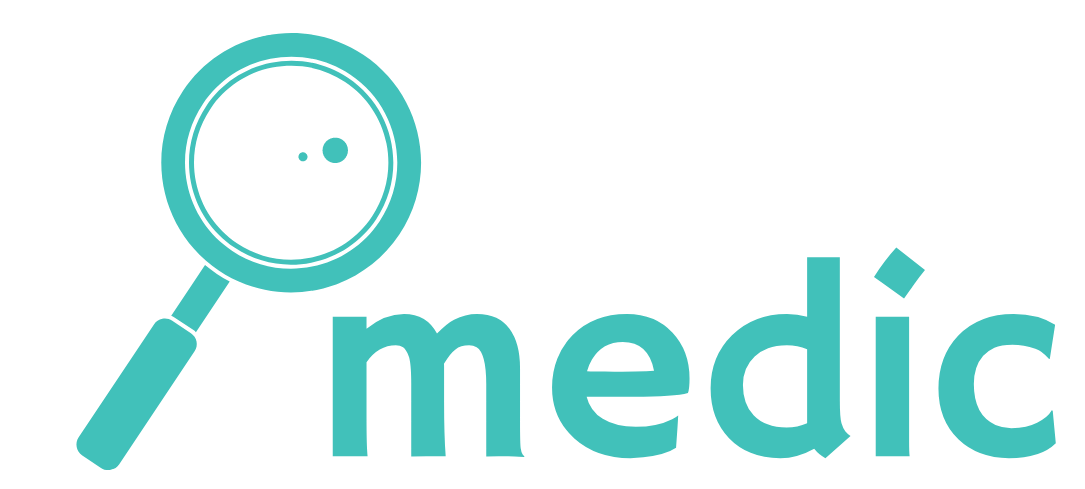Workshops
Learning is central to an organisation’s long-term effectiveness. Having employees and leaders learn enhanced communication and conflict management skills helps them address challenging interactions in a more constructive way. The Conflict Medic workshops will give you that competitive edge by developing new skills in a fun, creative, and engaging way.
Any of these workshops can be customised to fit specific target groups (for example, managers or team members), group size, time availability and resources. They can be delivered in-person or online, as multi-session webinar, lunchtime learning nuggets, as part of an annual retreat or other bespoke formats. Workshop contents will vary depending on the duration and format. For Agile teams, tailored workshops can be designed, accounting for the specificities of Agile working environments.
They can be delivered in combination, as part of more comprehensive employee and leadership development programmes or organisational development support.
For a maximum of impact, they should preferably be delivered in-person, combined with individual coaching, and/or group check-ins at regular intervals.
For some of the workshops, individual pre-workshop DISC or Conflict Dynamics Profile (CDP) assessments are recommended, These assessments are an effective tool for helping participants understand their behavioural patterns and how they interact with the topic of the workshop.
Active Listening for Conflict Prevention and Transformation
In workplace settings, where people with diverse cultural backgrounds, different communication styles, and personalities interact with each other from various positions of power, the ability to listen to what another person is saying and respond appropriately becomes an essential conflict management skill. While active listening can be helpful in most conversations, it is especially helpful in difficult or uncomfortable conversations where there is high potential for misunderstanding and/or escalation.
Effective Communication Skills for Conflict Management
Communication is a fundamental part of relationship-building and knowledge-transfer.n the workplace, a breakdown in communication can result in poor productivity, strained relationships, and a stressful work environment. By learning how to communicate more effectively, we can stop problems from escalating and make the workplace a more efficient and harmonious environment to be in. Communication, conflict, and cooperation are interrelated.
Fundamentals of
Conflict Management
Unconscious bias, social intelligence, pre-existing mindset, values, needs and beliefs interact in a workplace ecosystem that is often prone to conflict as a result of inadequate strategies, structures, procedures and even workspace design. The costs are tremendous, both in terms of lost resources, and in terms of emotional and psychological well-being of those involved.
Handle Difficult People and Conversations Like a Pro
Are some people more difficult to deal with than others? There are certain factors that may lead to us finding some people are more difficult to deal with than others. Whatever the cause, sometimes these people cannot be avoided and difficult conversations cannot be postponed. Such interactions require an upgrade to our standard communication and conflict management skills.
Emotional Intelligence in Conflict Settings and Beyond
Our brains are hard-wired to make us emotional creatures – our feelings are strong motivators of our behavior. When emotions are high, it is hard to think clearly. Emotional reactions diminish our capacity to be resourceful and creative, which is particularly detrimental in workplace settings, but also personal relationships. This is where emotional intelligence (EQ) comes in.
Better Feedback –
Less Conflict
Giving effective feedback (especially in the context of one-on-ones), is one of the best conflict prevention strategies. Badly given or received feedback can result in hurt feelings, resentment, frustration, confusion, anger and a whole other host of negative emotions that disrupt a working relationship. The good news is that giving and receiving feedback is a skill that people can learn.
Leading Conflict-Free
Remote Teams
For some leaders, managing remote teams is a new phenomenon they are completely unprepared for. Allowing staff to work remotely, whether by choice or not, has a lot of advantages but there are also challenges in working remotely and in managing a virtual workforce.
How to Foster Psychological Safety at Work
Where fear at work is the dominating factor and people are afraid to speak, worrying they will be dismissed, suppressed, ridiculed or even threatened, the chances of errors and mistakes increase, while opportunities for growth are reduced. Psychological safety encourages a team to develop and see errors, problems and constructive feedback as learning opportunities rather than as setbacks.
Tackling Unconscious
Bias
We’re all guilty of it and most of us are completely unaware of it - Unconscious biases may causes us to make assumptions based on ethnicity, age, gender, and any other aspects of someone’s appearance and act accordingly. Sometimes this can be a positive, but oftentimes this has a negative impact and may even lead to conflict.
